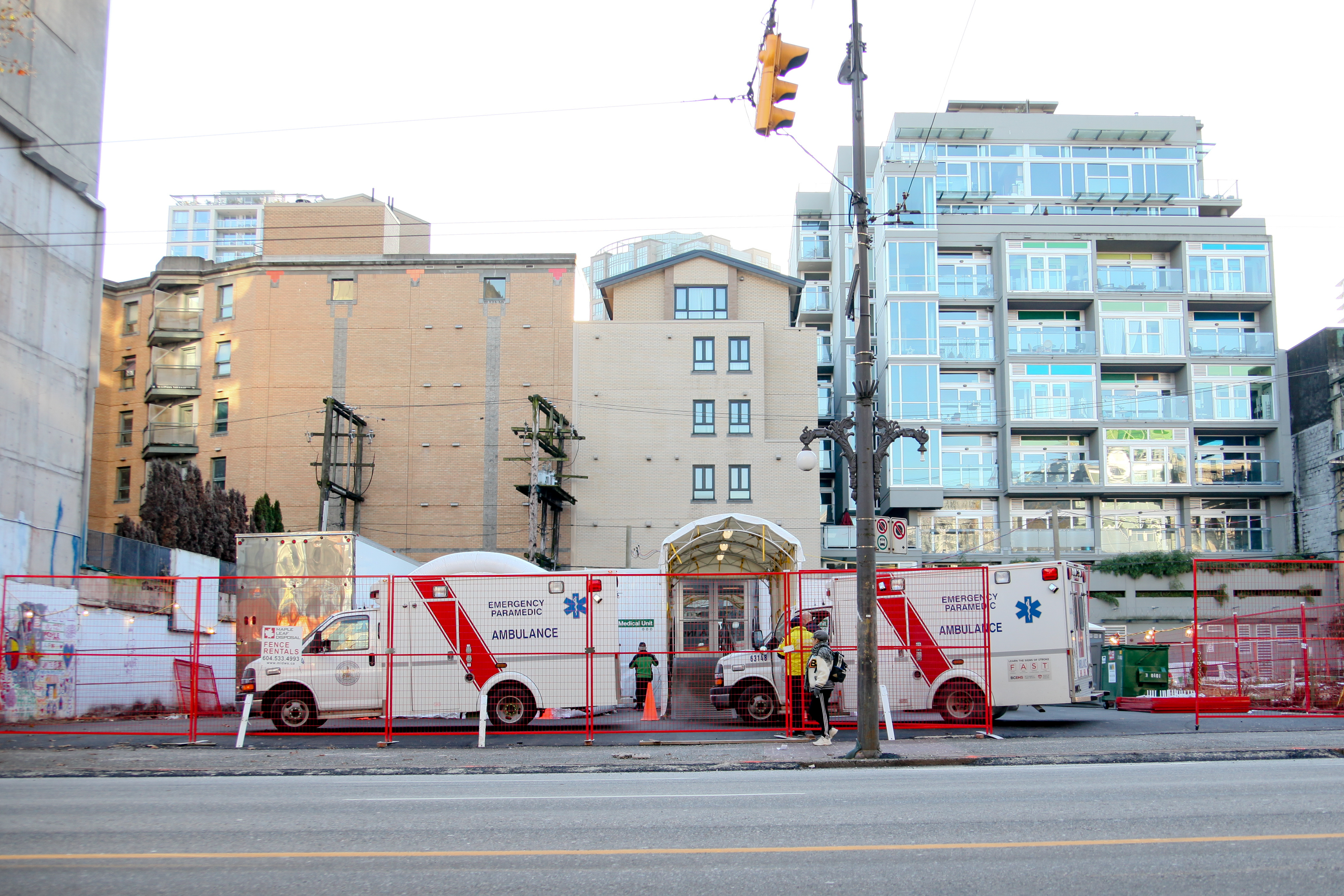Boredom. That’s all it was. Days and nights bled into each other. There was nowhere to go. Nothing to do. I could blame my parents for never being around. I could blame myself for not keeping busy. Regardless, drugs filled the void. It started with alcohol and continued with whatever I could get my hands on. I knew I had a problem the day I woke up unconscious on the street, not knowing where I had been, what I had taken or why I was living my life this way. I resolved to never take anything else – but my resolve wasn’t enough. It has never been enough. Ten years have passed since that morning. The void is still there.
At the Canadian Mental Health Association BC (CMHA), we hear these kinds of stories every day.
There are many reasons why people don’t receive treatment for mental health and substance use problems. While some people aren’t able to recognize or acknowledge they have a problem, others face barriers based on the stigma and discrimination attached to these conditions. Too many people still wrongly see addiction as a choice, not a health issue. This is part of the reason governments at all levels have been slow to create a responsive community-based addictions care system that is integrated with mental health teams.
Some people simply don’t know how to access needed supports, while others feel that they can overcome the problems on their own.
Together, these reasons mean that people don’t get help at the early stages of their illness, making it more likely that symptoms of mental health and substance use problems will develop into more chronic and severe disorders.
The Canadian Mental Health Association BC’s b4stage4 campaign is based on the belief that mental health should be treated the same as any other health issue, and that people should not have to wait until they are in crisis to get care.
We need to step up our efforts to provide early, easily accessible interventions to people with emerging symptoms — like our health care system does for other illnesses. Consider how our care system responds to illnesses like cancer, heart disease and diabetes. We educate, screen and take action early. People aren’t forced to wait for care because we understand that quick treatment is critical to recovery. It’s time to put in place a similar approach for mental health and addictions.
Today, the average time between the onset of symptoms of mental illness and a correct diagnosis and treatment is 10 years. The delay for people struggling with problem substance use is similar.
During the long wait for treatment, people suffer. Delays make it more likely they will leave school, face job difficulties or unemployment and in some instances be arrested. A crisis may land them in hospital and without the support of a community-based system that can respond quickly and provide continuing care, a second or third hospital stay may occur. This is not acceptable.
B.C.’s government has made a strong commitment to prevention and early intervention. While the province’s opioid crisis will rightly be the immediate focus of the new Ministry of Mental Health and Addictions, we are confident that British Columbians will see a shift to providing more opportunities for early access to mental health and substance use supports when people first need them.
We’d like to hear from you. Help CMHA BC advocate for a system of care that treats mental health in the same way we treat physical health issues. Sign the b4stage4 declaration.
Do you have more to say? Take five minutes to add your voice to CMHA’s Help Shape the Future survey. We’ll share the results with the public and decision-makers so they understand what British Columbians see as the best ways to intervene earlier when people face mental health and substance use problems.
Our new government promises to put people at the centre of their decision-making. Your responses to this short survey, and your support for the b4stage4 campaign will help them fulfill that promise.
What do you think? Should B.C.’s new mental health and addictions ministry take earlier action to help people in crisis? Take our poll. ![]()
Read more: Health
This article is part of a Tyee Presents initiative. Tyee Presents is the special sponsored content section within The Tyee where we highlight contests, events and other initiatives that are either put on by us or by our select partners. The Tyee does not and cannot vouch for or endorse products advertised on The Tyee. We choose our partners carefully and consciously, to fit with The Tyee’s reputation as B.C.’s Home for News, Culture and Solutions. Learn more about Tyee Presents here.


















Tyee Commenting Guidelines
Comments that violate guidelines risk being deleted, and violations may result in a temporary or permanent user ban. Maintain the spirit of good conversation to stay in the discussion.
*Please note The Tyee is not a forum for spreading misinformation about COVID-19, denying its existence or minimizing its risk to public health.
Do:
Do not: